Amazon Promise (AP) is a nonprofit medical relief organization that has been serving the impoverished and isolated communities of the Peruvian Amazon for over 25 years. On AP trips, medical teams travel by boat, raft, canoe, small plane, and helicopter to set up full-service clinics in villages every day, providing treatment for ailments ranging from parasites to Parkinson’s. They also provide cervical cancer screening and treatment, train village healthcare workers, and install rainwater catchment and composting toilet systems in villages that have no access to clean water.
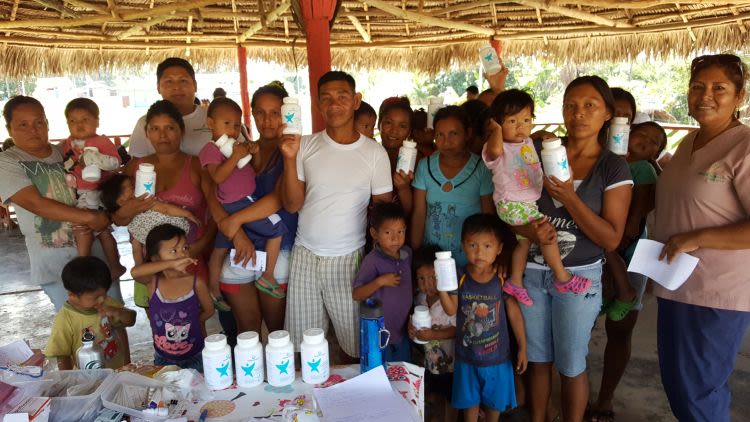
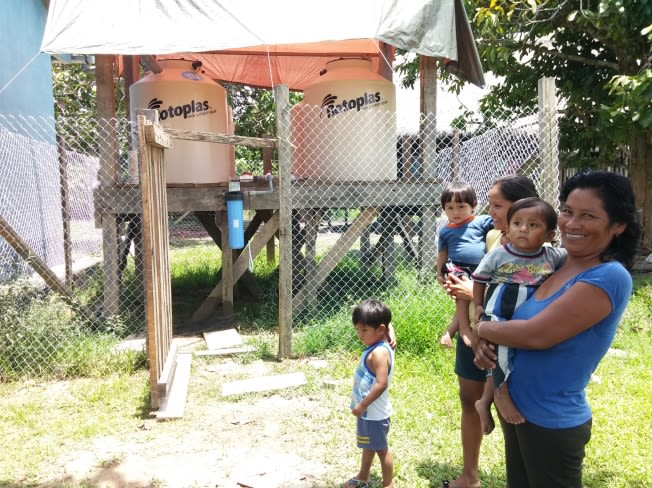
The communities in and around the jungle city of Iquitos comprise one of the most historically and culturally complex corners of the world. Every day, we contend with the legacies of colonialism, slavery, and genocide. Indigenous and mestizo cultures flourish against a backdrop of grinding poverty and societal neglect, all set in the Amazon Rainforest, arguably the world's most ecologically significant region.
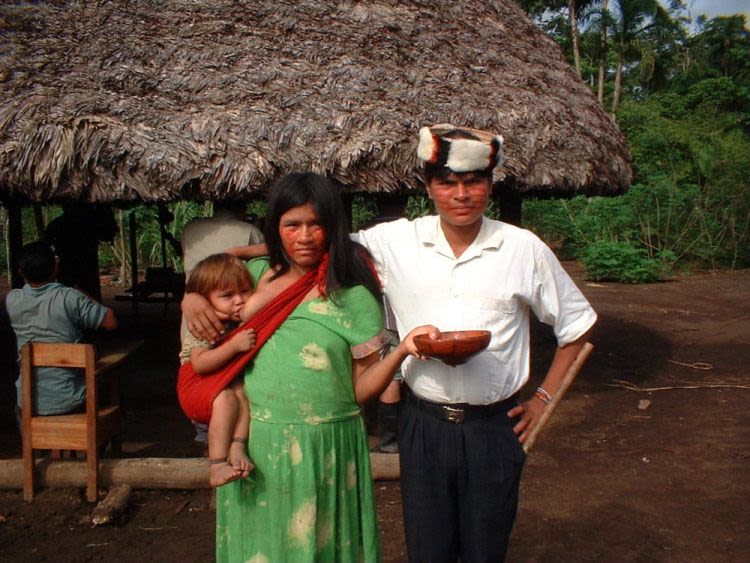
In a place where outsiders have continually subjugated and taken advantage of local people, trust is paramount. This is where AP truly stands out. Over the last 25 years, they have built working relationships and friendships with thousands of people in Iquitos and in dozens of jungle villages. The driving principle is to work together to connect local people with the services, care, and training that they want and need--nothing less, nothing more.
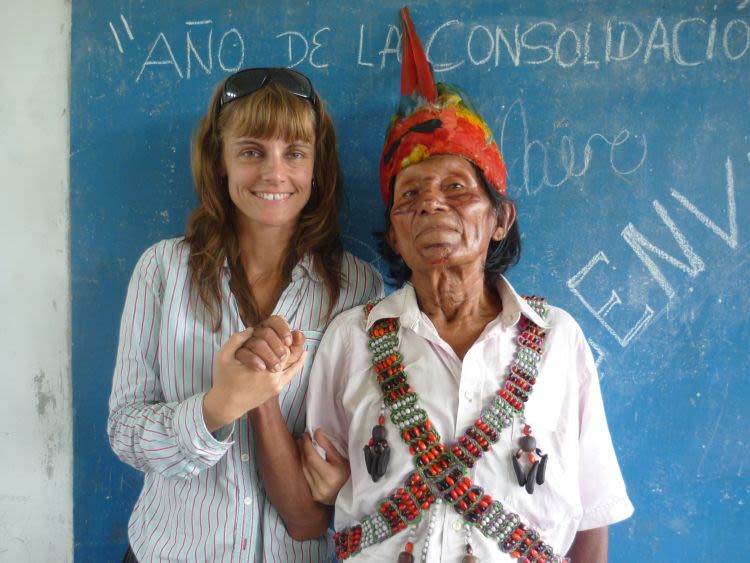
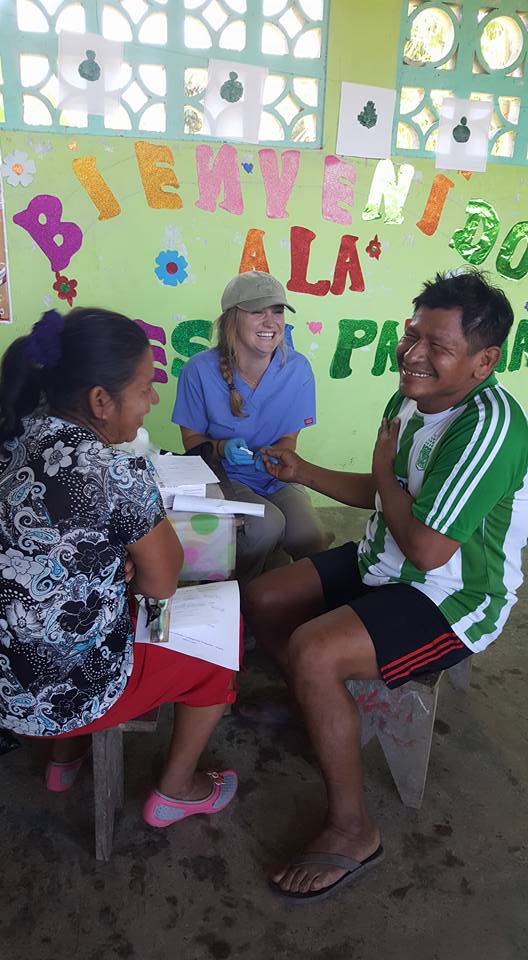
I did my first trip with AP in May of 2016 as a non-medical volunteer. I have a background in early childhood education and family planning, and through that lens I saw a serious and profound need in the communities AP serves. I was moved, deeply, by the plight of the families and especially the women of the jungle villages who suffer with the burdens and risks of excessive childbearing, which are well-documented. The power to determine when and how many children you have is a basic human right and a crucial component of socioeconomic development. While urban areas in Latin America have made great strides in providing access to modern contraception, bringing down birthrates, and reducing the negative outcomes associated with excessive childbearing, there are vast remote and rural areas where these services are not being accessed.
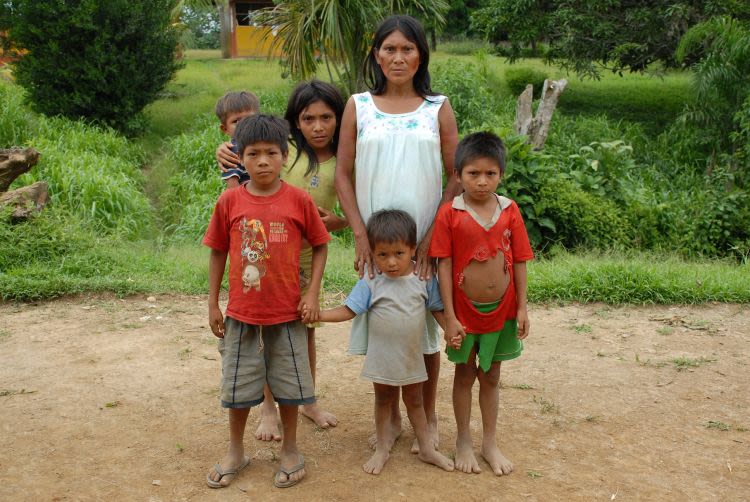
When we began thinking about bringing family planning to the areas that AP serves, the most important first step was to find out what women and families want and what they understand about modern contraception. On my last trip with AP in July, I interviewed close to 100 women of childbearing age in our clinics. What I found was surprising in some ways. The religious and cultural taboos that I had expected to find simply did not show up in my conversations with women. Virtually all of the women actively wanted to prevent another pregnancy, whether they were 18 with one child or 38 with eight children. A large majority of women had tried some form of modern contraception already; their main problem was keeping up with pills or injections while living so far from the nearest clinic. Working as the lab technician, I had many tearful conversations with women who were terrified and desperate after finding out (from me) that they were pregnant with an unplanned child.
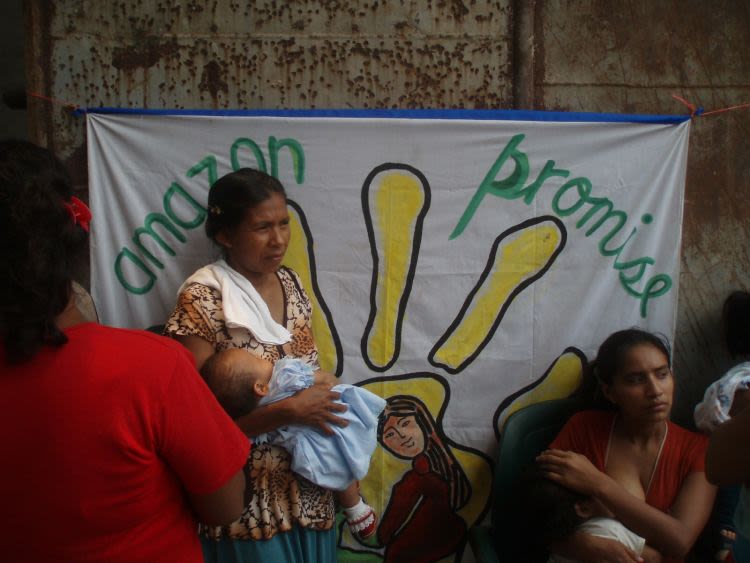
All of this is to say that the women we work with desperately want to have control over their reproductive lives. This campaign is the beginning of a program that will work towards the long-term goal of closing the access gap that exists in the communities that AP serves. We will be using the funds to pay for transportation to the villages, medical supplies, Peruvian nurse-midwives and doctors that will provide care, and interpreters, along with Amazon Promise's normal operations. We hope in the future to have family planning staff on every AP trip, so we are looking in that direction as we think about funding.
Effective family planning is one of the most powerful tools that we can use to interrupt the cycle of grinding poverty that oppresses these people so much. Your generous contribution will go directly towards easing the burdens of these communities, the stewards of the Amazon Rainforest, so that they can live healthy, productive lives and advocate for themselves and protect their lands.
Thank you so much!
